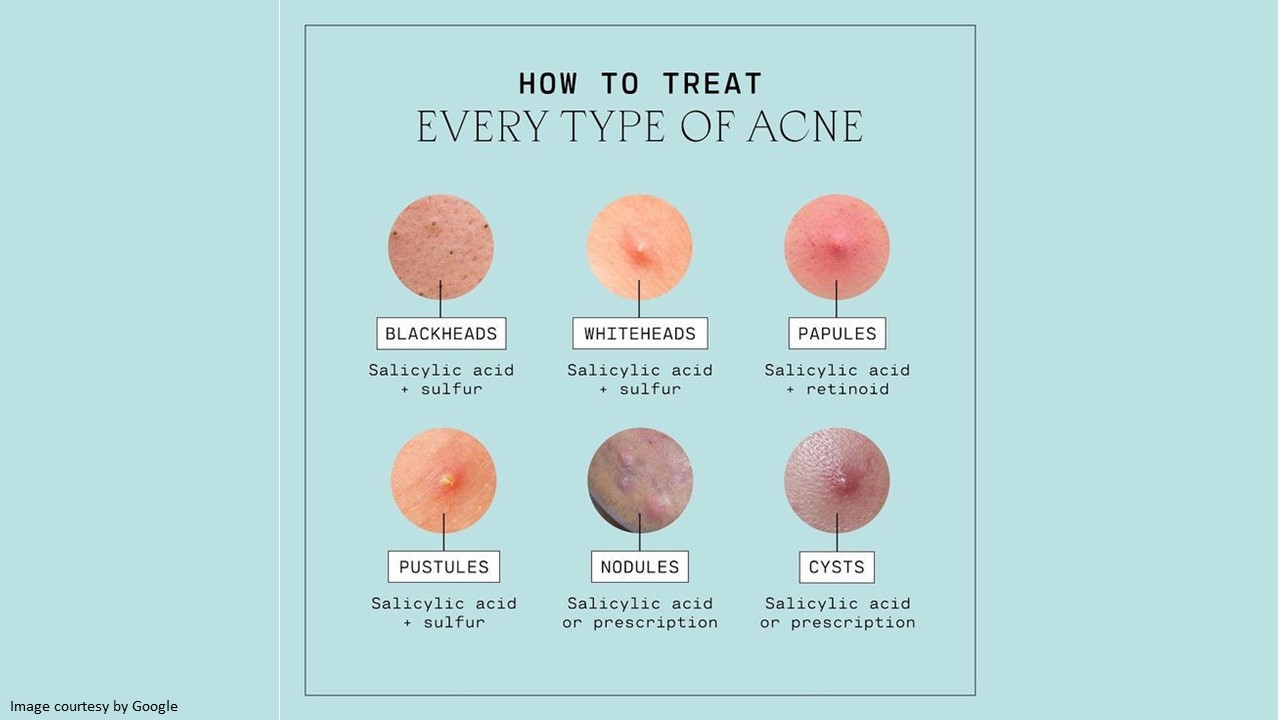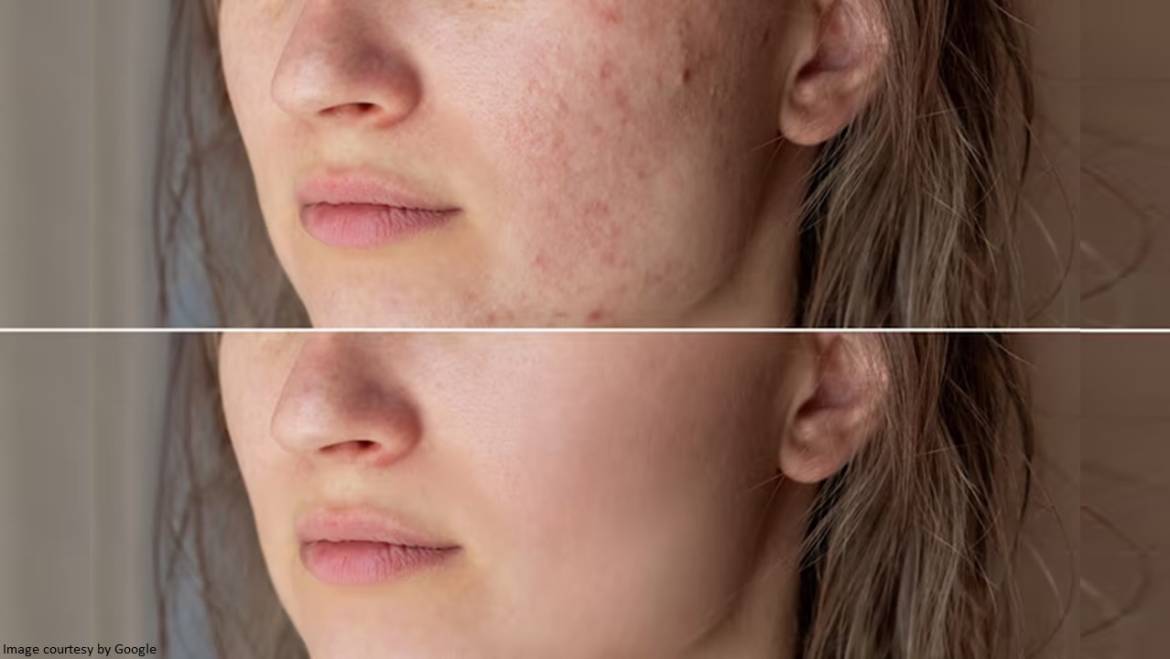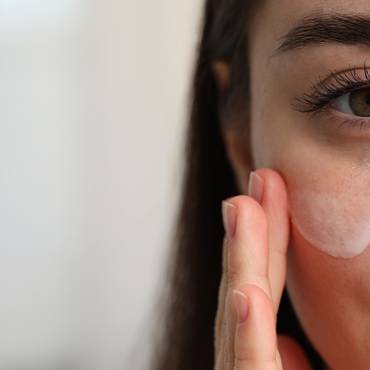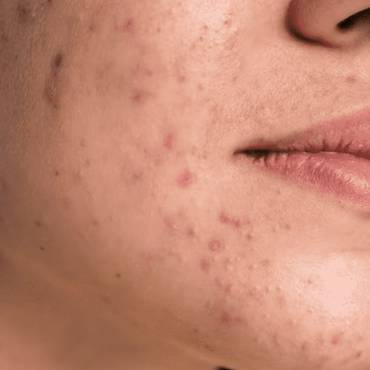Knowing what types of acne you are dealing with is important to have clear skin. Each type of blemish requires a different blemish treatment. Consult a dermatologist for the best acne treatment or best treatment for pimples according to your skin type.
Acne is a chronic inflammatory disease that affects many people of all ages, from adults to childhood. Although it is a common dermatological change, it has a huge, long-term impact on a patient’s life, including problems in psychological development, emotional stress, and low self-esteem. The delay in seeking medical attention may aggravate physical and psychological issues, so it is pertinent to understand the skin disorder and understand acne treatment and its effectiveness.
Do you know that every skin type responds differently to each skincare ingredient? Commercial products for the entire population may not be the best option for your skin. Therefore, you must know your skin type to understand the essentials for good skin care. Pimples on face doesn’t only mean it’s acne; it could be a simple pimple that may fade away with time, but if it doesn’t and other pimples pop up, it could be acne. In severe acne cases, visit a dermatologist to learn the treatment for pimples on face, or elsewhere you may experience them.
To access affordable pimple treatment, buy acne products online.
What Works For Acne?
There are numerous options for treating acne, and many products and skincare ingredients work well. Today, nearly every type of pimples or acne has an effective treatment. With the help of a dermatologist, figure out what kind of acne you are dealing with and ensure that you are receiving the right treatment.
Furthermore, let us understand the types of pimples on face or acne:
- Comedonal Acne: Also known as mild non-inflammatory acne, comedonal acne includes:
- Blackheads– These are the blemishes that appear as tiny black dots. They are considered comedones but are open at the surface of the skin.
- Whiteheads– These are minor blemishes with whiteheads that pop on the top of the skin’s surface. It occurs when hair follicles become clogged with oil, dirt, and dead skin cells. This type of comedone causes pores to stay closed at the skin’s surface and causes whiteheads to occur.
- Mild Inflammatory Acne: Consists of blackheads, whiteheads, and the following:
- Papules– These are inflamed, infected, and are usually extremely sensitive to touch. These occur due to clogged pores. Papules are annoying and leave your skin with a pink or red look.
- Pustules– They appear as white or yellow pus on the skin’s surface. They are sometimes mistaken for whiteheads. One way to differentiate them is by looking for red surrounding the white or yellow head on the skin’s surface. Pustules are extremely tender and painful to the touch.
- Moderate Inflammatory Acne: Moderate inflammatory acne usually covers many papules and pustules. These also include
- Nodules– These are the large and inflamed bumps that are sensitive to touch. They affect deeply within the skin and are very painful. Moderate inflammatory acne usually includes nodules and more of these in people with severe blemishes.
- Severe Forms of Inflammatory Acne: Severe Acne lasts for months and usually spreads all over your skin quickly. This type of acne includes the lesions that arrive in multiples plus the following:
- Cysts– These are pus-filled lesions that appear exactly as boils. These usually appear after infections and are more likely to occur than other acne.

How to find the best acne treatment for your acne type?
When it comes to over-the-counter products plus a couple of prescription options, there are the acne treatments that are most effective for mild to moderate acne breakouts.
- Glycolic Acid – It is an alpha hydroxy acid (AHA) that gently exfoliates the skin, helping the skin to get rid of the dead skin cells that cause clogging of skin pores. It is ideal for people with comedonal acne.
- Azelaic Acid– This skincare ingredient reduces acne and reduces post-acne hyperpigmentation. It is a solution for people with rosacea. Azelaic acid treats mild, moderate, and severe inflammatory acne.
- Salicylic Acid– It has anti-inflammatory properties that help with inflamed cystic breakouts that can occur with blockages deep in the hair follicles. A Salicylic wash is perfect for comedonal acne.
- Benzoyl Peroxide – It is an antibacterial ingredient that is very effective at killing acne-causing bacteria. People with mild and moderate inflammatory acne can use it.
- Clindamycin – A topical antibiotic that controls the spread of inflammatory acne.
- Niacinamide – It is a common skincare ingredient that can regulate oil production. Reduce swelling and redness associated with acne and reduce skin pores’ appearance.
- Retinoids – Available in different strengths and trade names, Tretinoin is the most widely used formulation for the face spot treatment. A Retinoid effectively treats comedonal, mild, and moderate inflammatory acne.
Consider your skin type and know the skin care for pimples
You should consider your skin type first to avoid unnecessary or unwanted effects associated with your best acne treatment.
- Normal Skin – Most skin types well tolerate a benzoyl peroxide formulation. But be careful with the amount of skincare ingredients you have been using; less is good.
- Oily Skin – For most people with oily skin, salicylic acid helps prevent the clogging of pores. The active ingredient controls oil production and reduces future acne breakouts.
- Dry Skin – Basically, people with dry skin should avoid using too dry products. Dry skin types can go with sulfur-based products as they are less dry.
- Combination Skin – Dermatologists suggest hyaluronic acid as the best acne treatment for combination skin. Hyaluronic acid hydrates the skin and reduces signs of aging, including fine lines and wrinkles.
It is quite easy to get confused with millions of acne treatments. One must be careful when choosing the pustules treatment, whiteheads treatment, or any common acne treatment for oneself. Consider the active ingredients, skin, and zit type while picking the best products for acne.



